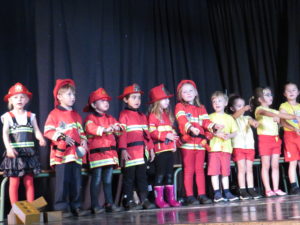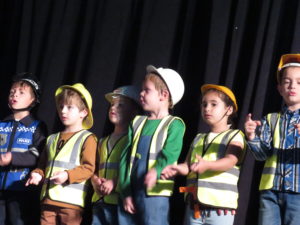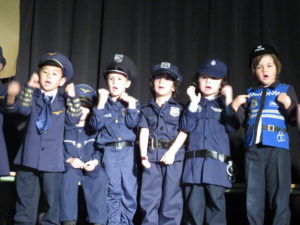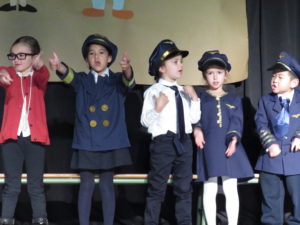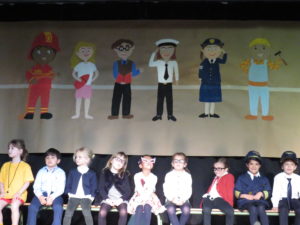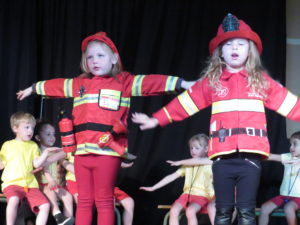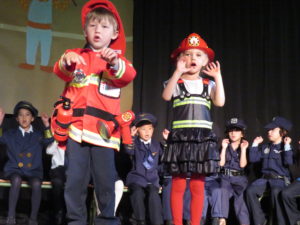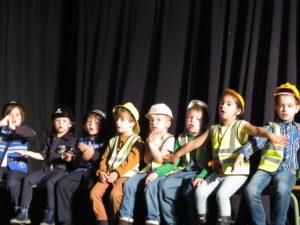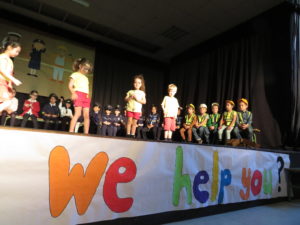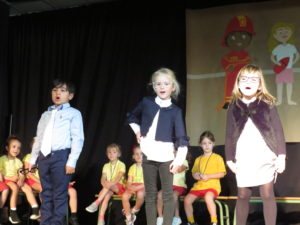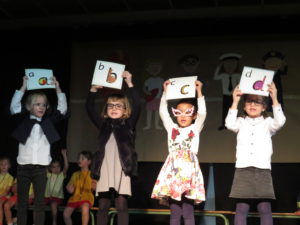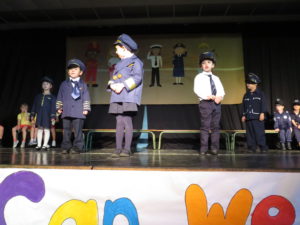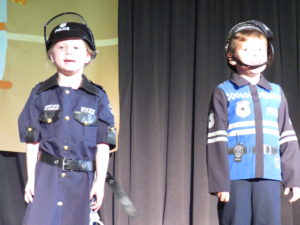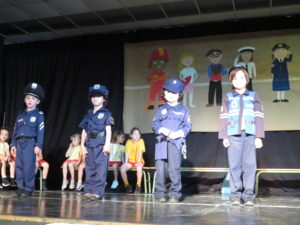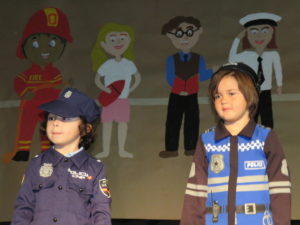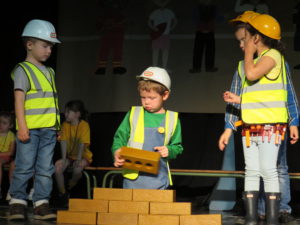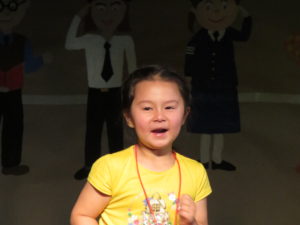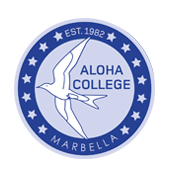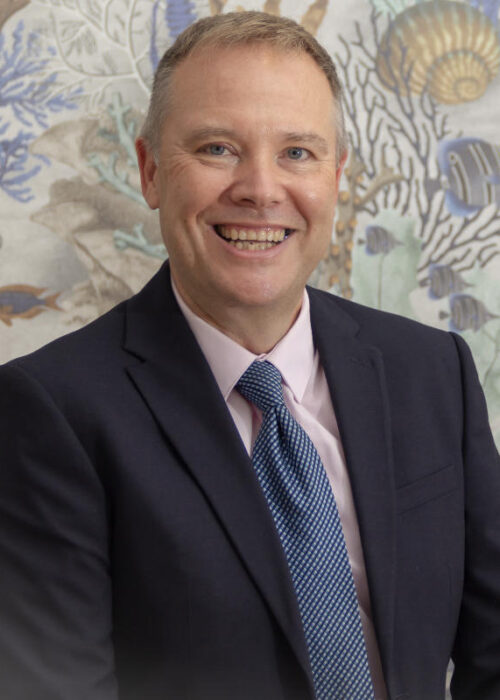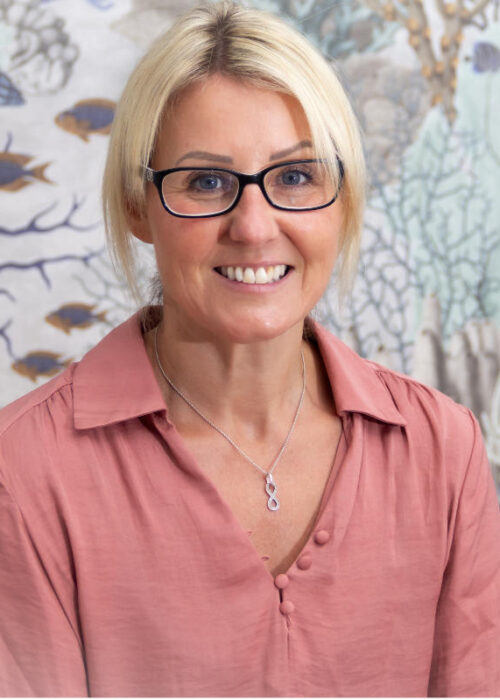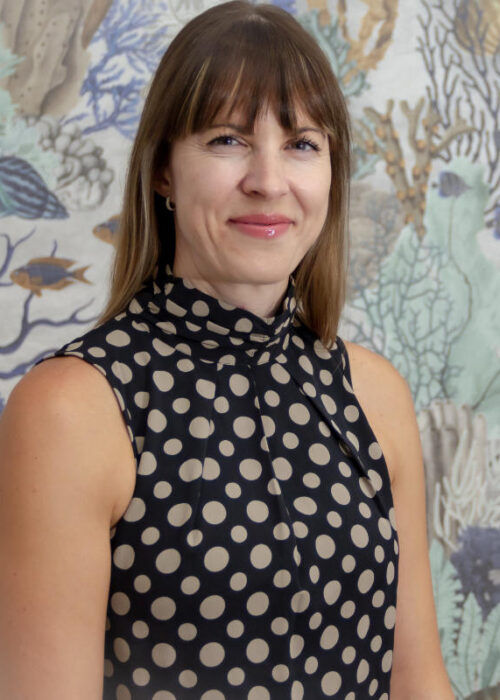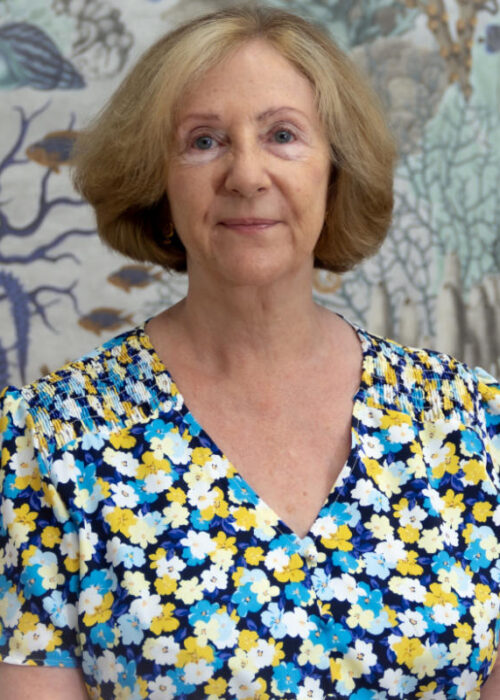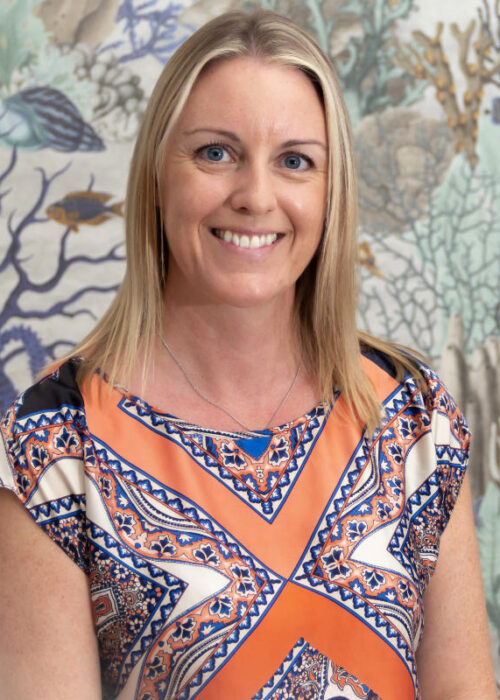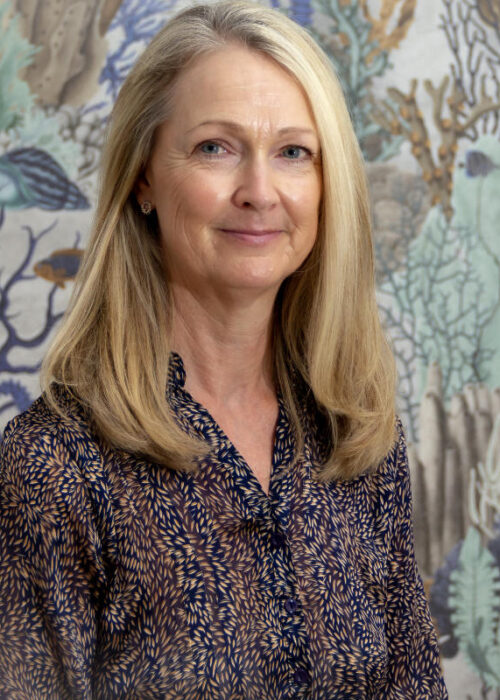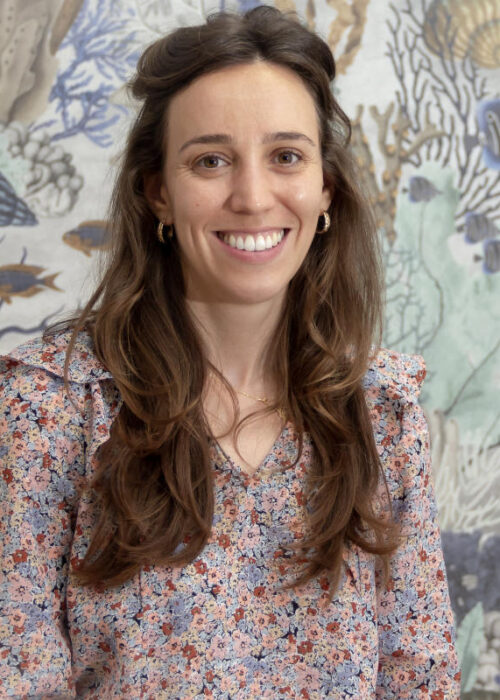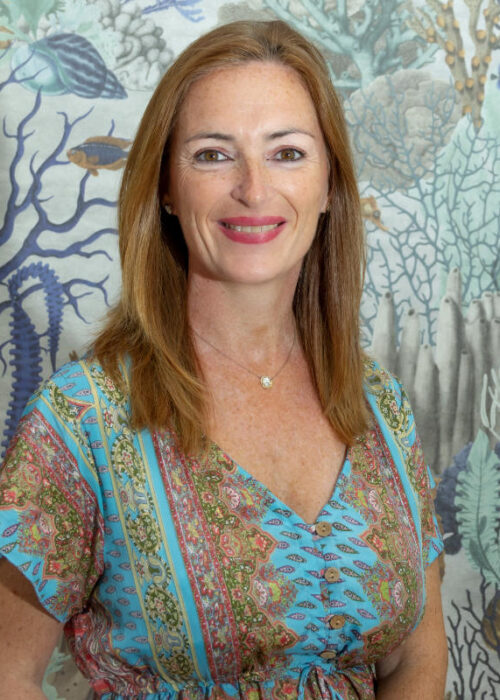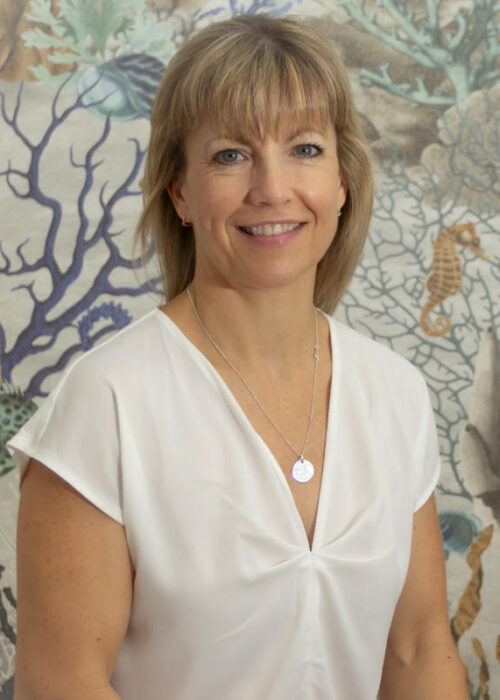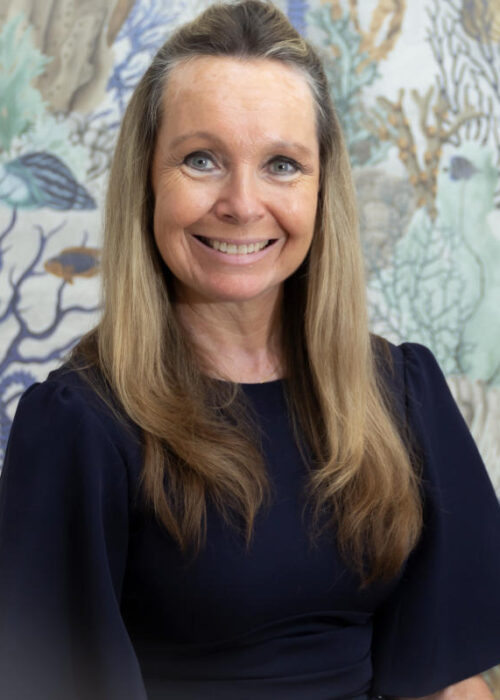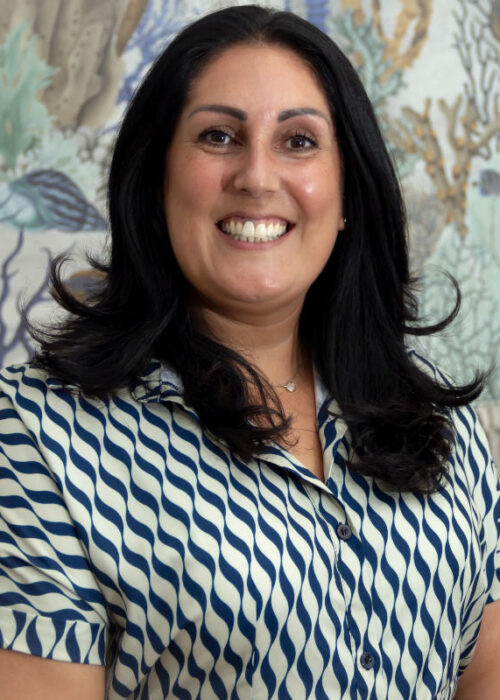Emma has dedicated her entire teaching and professional career to ACM. A Saint Mary’s University London honour’s graduate, holding a Masters Degree in International Education from Oxford Brookes, Emma has shaped her career into a student-centric narrative. Her experience and research into “Third Culture Kids’, which recognises our students unique educational, international and Spanish experience, was used in crafting and developing the Primary PSHEE programme, facilitating essential skills appropriate to academic, psychological and emotional well-being.
Emma’s professionalism at Charity, is helping change lives for the vulnerable, in Málaga and Africa where ACM has initiated educational programmes in Kampala. Her work as a rapporteur for the COBIS ConnectED sessions is established and recognised. As a qualified Catechist, Emma’s Pastoral Care role is busy and engaging. As a safeguarding expert and officer, fluent in Spanish, Emma analyses the latest programmes, developments and policies, at national and International level.
As a former ballerina, Emma trained young dancers for school shows and Marbella events in modern/Irish dance, and regularly performed in her native West End. Emma also enjoys entertaining family and friends, however Tara the Afghan Hound as the newest member of the Saunders family, is the one who now steals the show!
